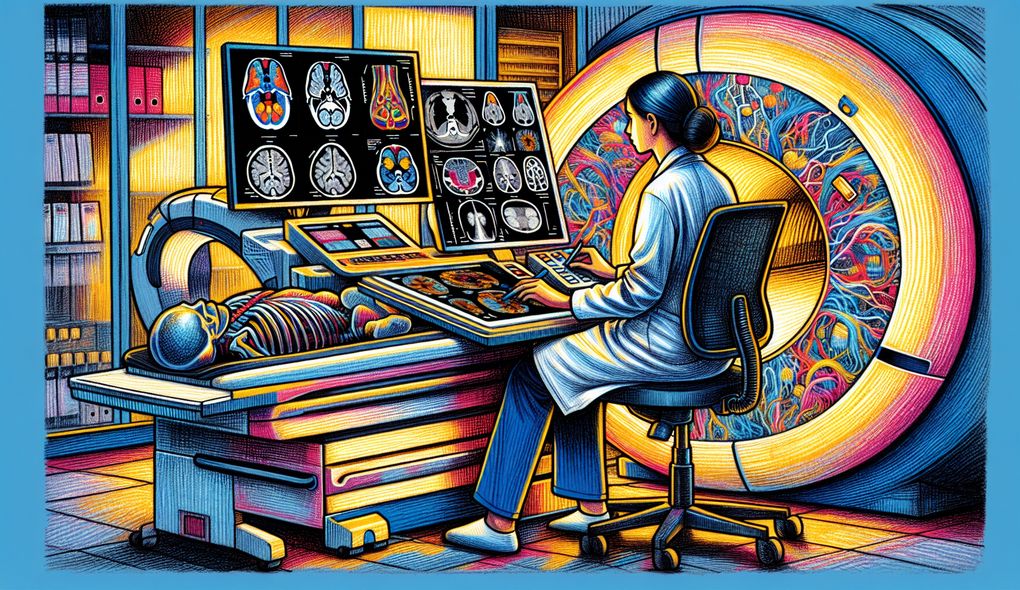What strategies do you use to address patient concerns and educate them about their medical imaging procedures?
INTERMEDIATE LEVEL

Sample answer to the question:
When it comes to addressing patient concerns and educating them about their medical imaging procedures, I use a combination of effective communication skills and a patient-centered approach. I take the time to listen to their concerns and answer any questions they may have. I explain the procedure in a clear and understandable manner, using layman's terms to ensure they fully grasp the process. I also provide them with written information or brochures that outline the procedure and what to expect. Additionally, I offer reassurance and emphasize the importance of the imaging procedure in their overall healthcare journey.
Here is a more solid answer:
When addressing patient concerns and educating them about their medical imaging procedures, I start by actively listening to their concerns and empathizing with their worries. I take the time to explain the procedure in a detailed yet easy-to-understand manner, using visual aids such as diagrams or videos if necessary. I encourage patients to ask questions and provide them with written information that outlines the procedure, potential risks, and benefits. I address any misconceptions or fears they may have by offering reassurance and sharing success stories from previous patients. By taking a patient-centered approach, I ensure that each individual feels heard, supported, and informed throughout the imaging process.
Why is this a more solid answer?
The solid answer builds upon the basic answer by providing more specific details about the candidate's approach. It emphasizes active listening, the use of visual aids, and the importance of addressing misconceptions and fears. However, it could be improved by mentioning any specific techniques or strategies the candidate employs to tailor the education to each patient's needs.
An example of a exceptional answer:
In my experience, addressing patient concerns and educating them about their medical imaging procedures requires a multidimensional approach. Firstly, I focus on building rapport and establishing trust by introducing myself, listening attentively, and expressing genuine empathy. I then assess the patient's level of understanding and adapt my explanations accordingly. For visual learners, I utilize anatomical models or digital simulations to demonstrate the procedure. I also provide personalized educational materials that cater to different education levels and cultural backgrounds. Additionally, I offer post-procedure support by following up with patients to ensure they have a clear understanding of the findings and any necessary follow-up actions. By combining effective communication, cultural sensitivity, and individualized education, I strive to empower patients to make informed decisions about their healthcare.
Why is this an exceptional answer?
The exceptional answer goes beyond the solid answer by incorporating additional strategies such as building rapport, assessing the patient's learning style, and providing post-procedure support. It also highlights the candidate's commitment to cultural sensitivity and patient empowerment. This answer showcases a comprehensive and patient-centered approach to addressing patient concerns and educating them about their medical imaging procedures.
How to prepare for this question:
- Familiarize yourself with different types of medical imaging procedures and their purposes. This will enable you to provide accurate and detailed explanations to patients.
- Develop active listening skills to effectively address patient concerns and demonstrate empathy.
- Stay up-to-date with advancements in radiology and medical imaging technologies to provide patients with the most relevant and accurate information.
- Consider the cultural diversity of patients and develop strategies to address their specific needs. This may include providing translated educational materials or involving interpreters during the education process.
What are interviewers evaluating with this question?
- Communication Skills
- Patient-Centered Approach

